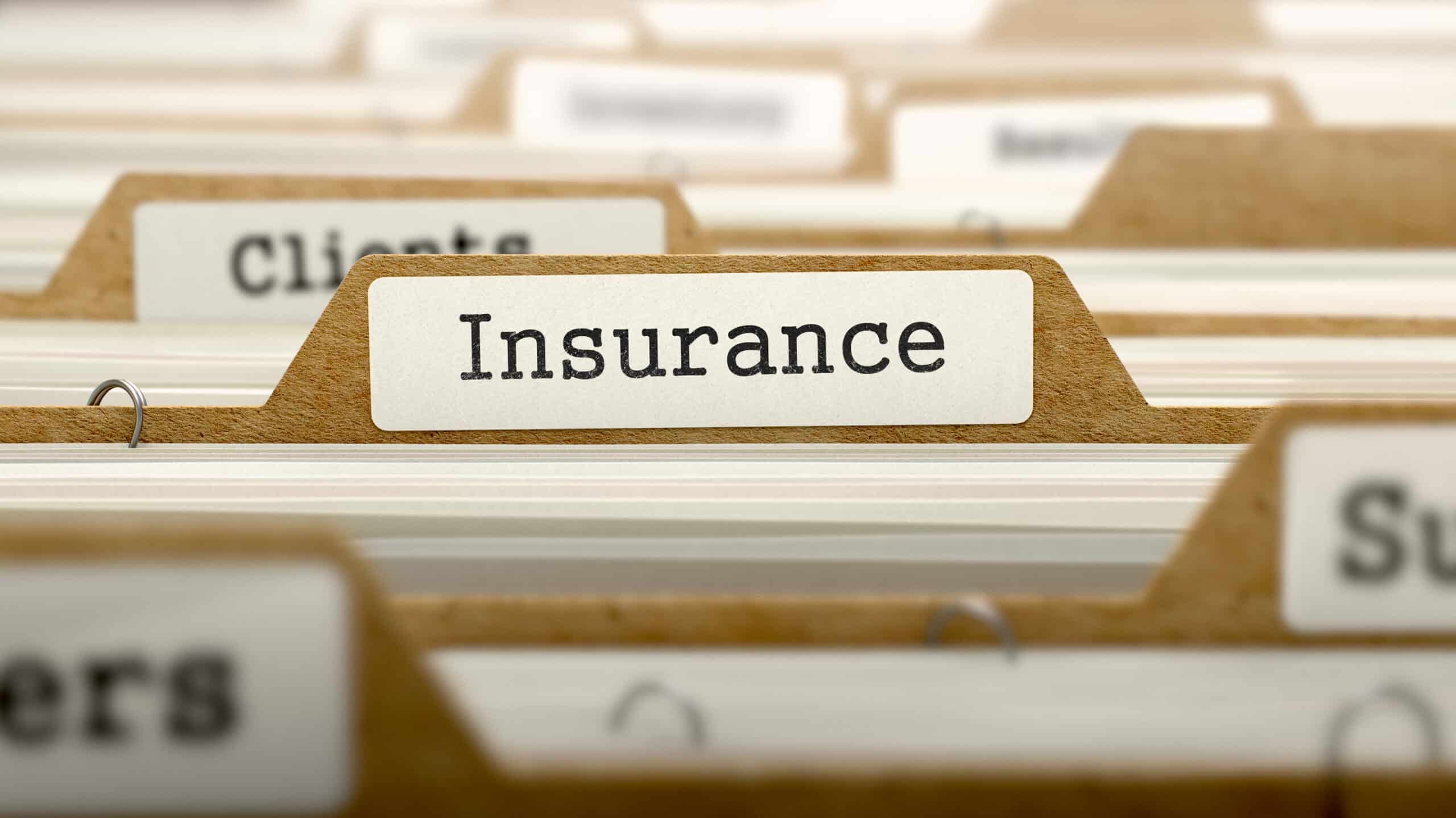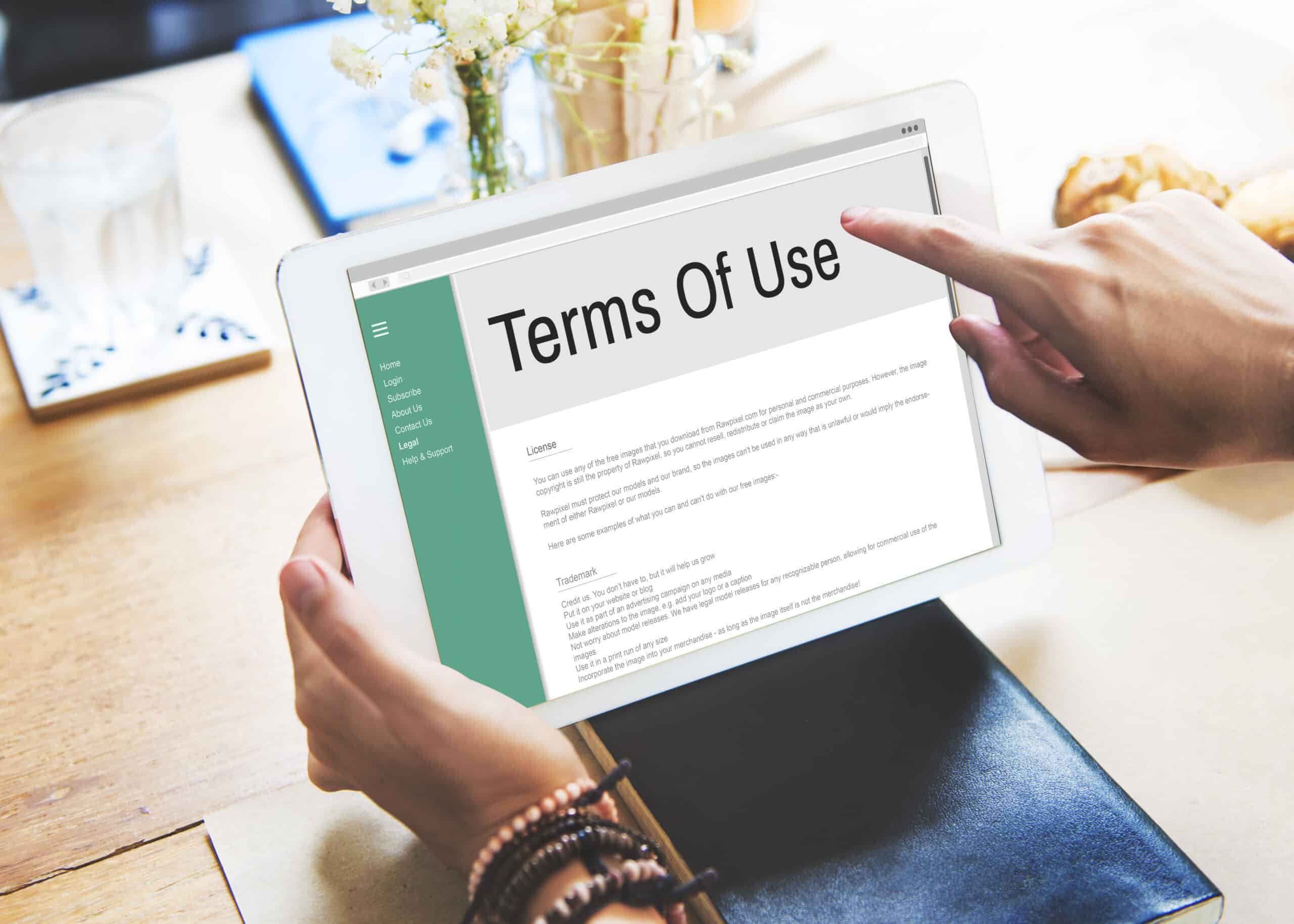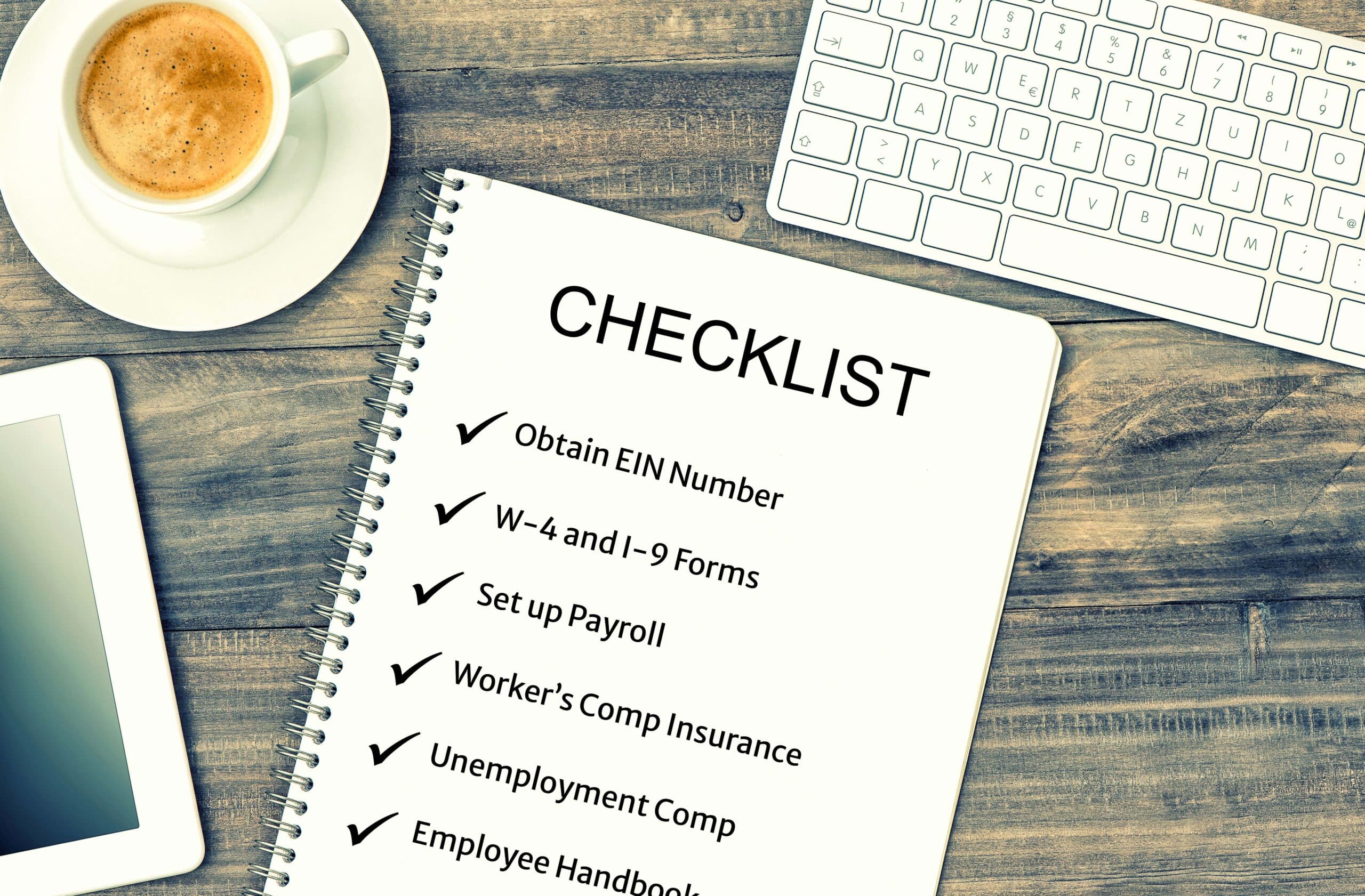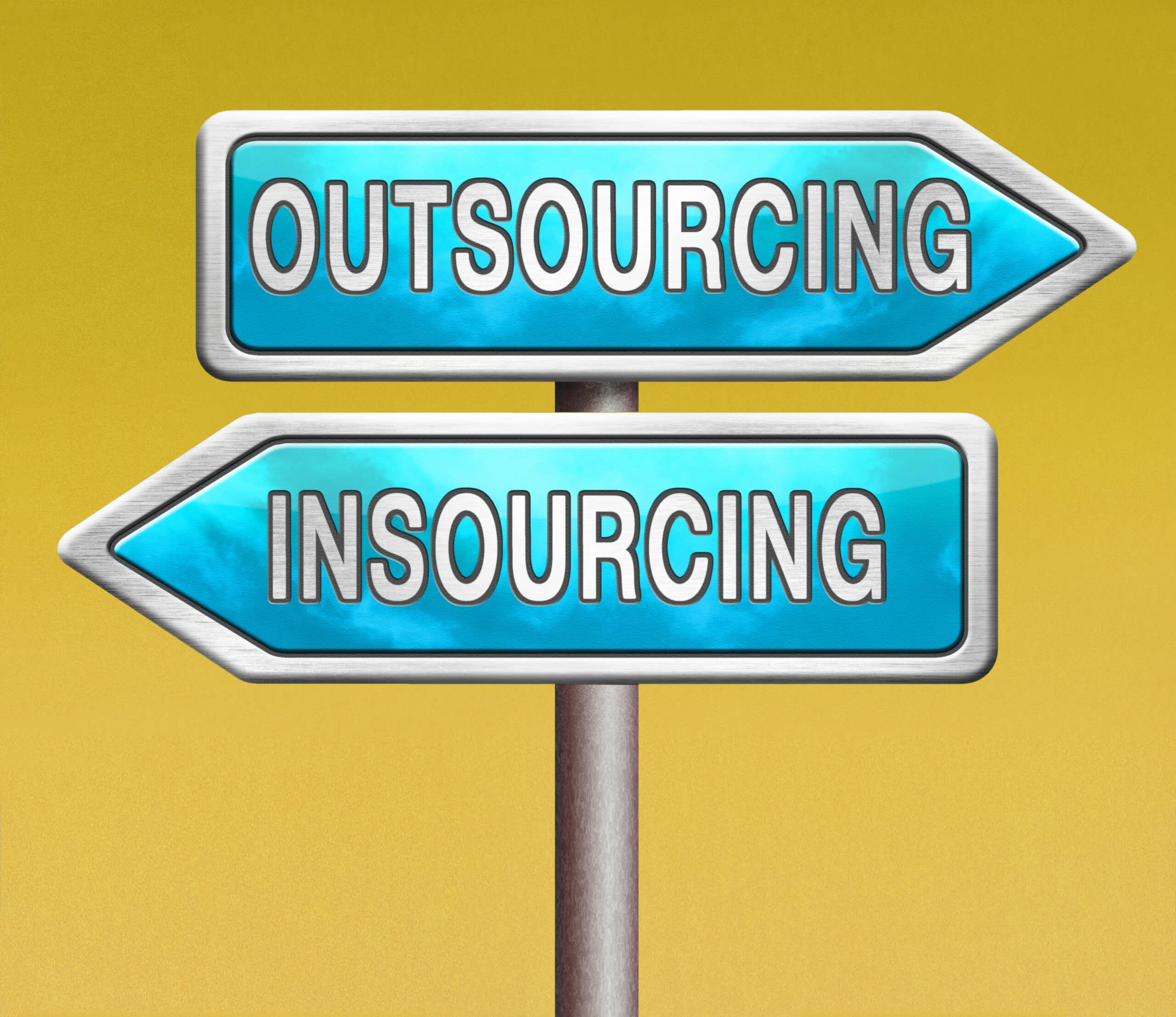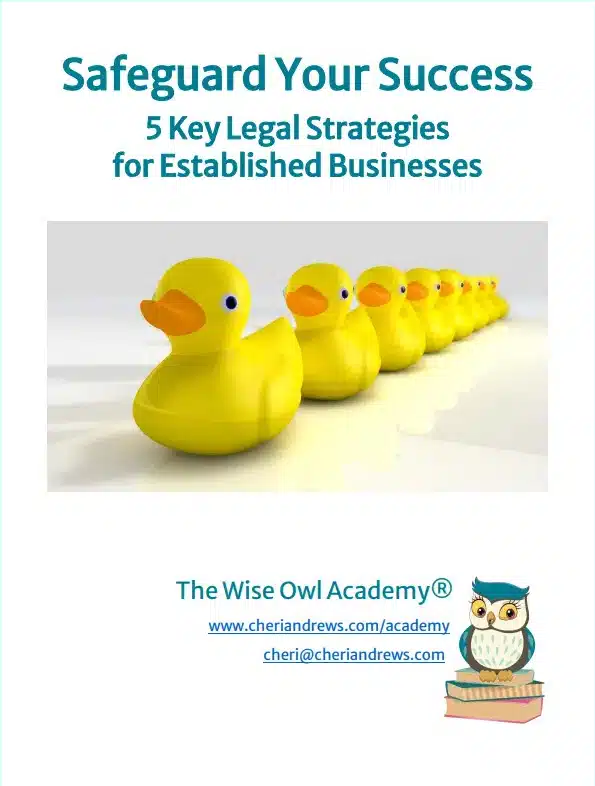Unlike auto insurance, most states don’t require small businesses to carry insurance, so why is it so essential to have? Bottom line, insurance helps you protect everything you worked so hard to build!
Whether it’s a store full of merchandise, a contracting business, or a consulting business, insurance safeguards you against the things that could happen outside of your control. In this article I review some of the types of insurance available to small business owners and what each one protects against.
General Liability Insurance
General liability insurance is typically the first type of insurance business owners seek out. Often because a third party contract requires it. There are two main areas covered by general liability insurance: premises liability and products/completed operations liability. These are typically bundled together and can’t be purchased separately.
If you have a location where clients visit you, such as an office (even in your home) or a store front, you need premises liability.
If you sell a physical product this coverage extends to cover your for product liability.
Completed operations coverage is important if you perform a service, like contractors. These coverages protect you in the event of a lawsuit alleging that your premises, product, or service caused damage to someone. Be careful – this coverage typically EXCLUDES professional liability. And if you are providing a professional service like consulting, insurance, legal, etc., professional liability coverage is critical.
Property Insurance
Almost everyone has “stuff” they utilize for business. It’s important to cover that “stuff” properly, whether it’s your computer, your inventory, or the tools of your trade. You can purchase coverage for these items based on their primary location. This can be your home, your office/store front, your storage unit, or coverage that moves with you if you are often on the road with your stuff.
Many business owners assume their homeowner’s policy will cover their business belongings stored at their home. This is a mistake! Unfortunately, most personal insurance policies provide limited or no coverage for anything used in your business.
Worker’s Compensation Insurance
If you have any employees, the law requires worker’s compensation coverage. However, many business owners believe that because they don’t have payroll, they don’t have employees. This isn’t necessarily true! Someone you pay as a 1099 may qualify as an employee, especially if they work exclusively for you and don’t have their own business. Make sure to correctly classify your help as employees or independent contractors because the fines for incorrect classification are significant! Execute an independent contractor agreement with anyone you don’t want to classify as an employee. Talk to your attorney!
Set up worker’s compensation coverage before you hire your first employee. This protects you if an employee gets hurt during their employment, or claims to get hurt. It provides both medical & income loss coverage for the employee and in many cases prevents them from suing you.
Worker’s Compensation Rates Tip:
State laws govern worker’s compensation. And premiums are essentially a math equation. Your premium is based on your class code (what type of work you do). The class code determines your rate per every $100 in payroll that you pay throughout the year. There are also associated taxes and fees. At the beginning of a policy period you estimate what you think your dollar spend will be for payroll during that policy period.
At the end of the policy period, state law requires the carrier to audit your actual payroll by reviewing your payroll or 1099 reports. They must also confirm that your subcontractors carry their own insurance and/or are subject to an independent contractor agreement with you. If your payroll is higher than you initially estimated, the carrier sends you a balance due invoice. Conversely, if your payroll is lower than you estimated, state law requires the carrier to send you a refund. Check in with your agent/payroll company at least once a year to make sure your estimate is accurate. This is how you avoid a large balance due at the end of the term.
What else do I need to know?
It is also important to look into insurance costs as part of your operating expense before you get too deep into starting a business. You need to know if it’s feasible for your business plan. I truly love helping small businesses get started & thrive. If you’d like to review what type of insurance you need for your specific business and the costs associated please don’t hesitate to reach out.



